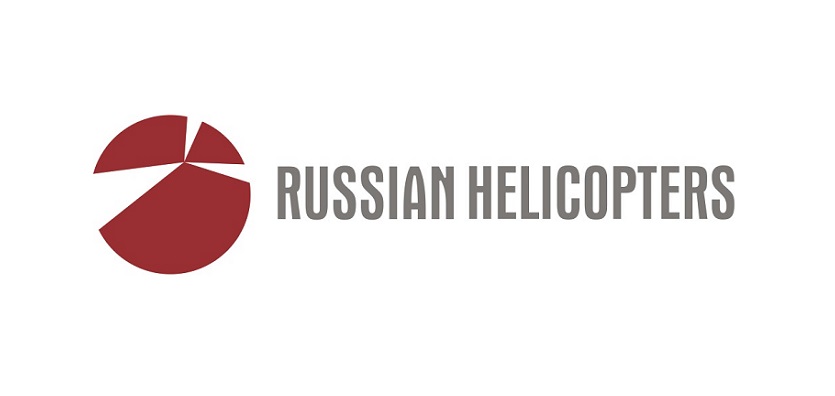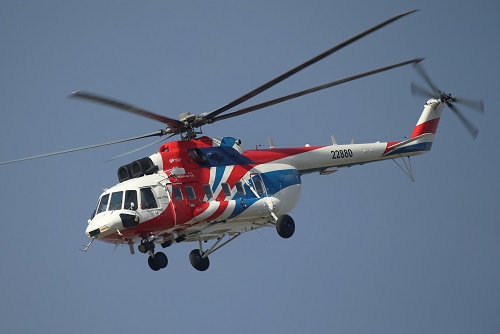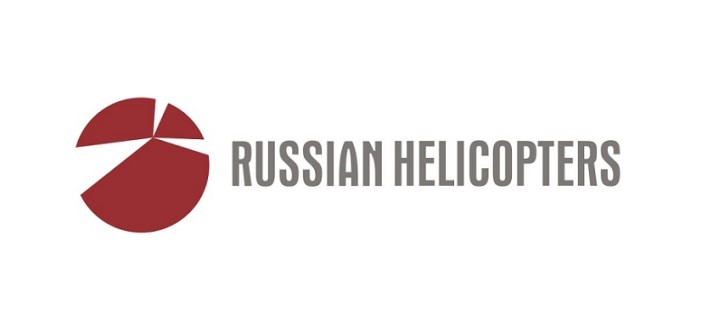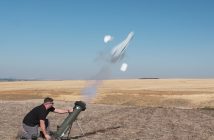
The Russian Helicopters holding company, part of State Corporation Rostec, and the Federal Air Transport Agency (Rosaviatsia) have delivered technical and operational documentation for the Mi-171A2 helicopter to the Brazilian National Civil Aviation Agency.
Brazilian aviation authorities will decide on the certification of the helicopter for the local market based on its application.
“Brazil is our long-time partner and one of the key countries in South America for the promotion of Russian helicopter products. Mi-171A1 helicopters have been successfully operating in the country for more than 10 years, and I am sure that the new helicopter will soon also have the opportunity to earn a positive reputation. Brazil’s certification authority is processing the documentation received on the Mi-171A2. Considering experience certifying the Mi-171A1 helicopter, I think that this issue will be resolved in a short time,” said general director of Russia Helicopters Andrey Boginsky.
“In light of Brazil’s high demand for mid-class multipurpose helicopters, we are bringing to the local market a new machine — modern, roomy and reliable. The Mi-171A2 helicopter provides long range, which is important for a country where the machines are operated in hard-to-reach areas. We intend to develop after-sales service as part of an international partnership to guarantee maximum operational life and as a prerequisite for flight safety,” added director of the Rostec aviation cluster Anatoly Serdyukov.

In 2005, the Mi-171A1 helicopter optimized for the requirements of European commercial operators and the FAR-29 aviation regulations received approval for the Type Certificate in the Brazilian Aviation Register. During its development, special attention was paid to safety issues. In the same year, the first Mi-171A1 helicopter was delivered to Brazil.
In 2010, the Mi-171A1 helicopter, presented by the operating company Atlas Taxi Aereo, won a Brazilian state oil and gas company Petrobras tender to carry out aerial work in the Amazon due to its positive characteristics and price/quality ratio.
The T-HUMS system (onboard monitoring and diagnostics system) was installed in the new Mi-171A1 helicopter for the first time on an order by the Brazilian company. It provides automatic monitoring of a large range of nodes in real time, significantly increasing flight safety. The use of the T-HUMS system also makes it possible to transition to maintenance “as-is,” and not according to the regulations, which can significantly reduce the financial costs of the operating company and increase the efficiency of the helicopter business.
Mi-171A1 helicopters were used by Atlas Taxi Aereo in harsh environmental conditions to support Petrobras drilling in the rainforests of Brazil, and they showed their best side. In a year of intensive operation, one helicopter, for example, flew more than 1,000 hours (an average of 120 hours per month), moving about 600 tons of cargo, mainly drilling equipment, on an external mount.
The Mi-171A2 was developed based on this helicopter, the result of a thorough modernization of the Mi-8/17 helicopters. More than 80 changes have been made to the design of the Mi-171A2. The helicopter is equipped with VK-2500PS-03 engines (a civilian version of the engines installed on the Mi-28 combat helicopters) with a digital control system. One of the most important differences between the Mi-171A2 and the helicopters of the Mi-8/17 family is the new carrier system. The helicopter has a more efficient X-shaped tail rotor and a new main rotor with integral composite blades with an improved aerodynamic layout. In August 2017, the helicopter received a Type A certificate from the Russian Federal Air Transport Agency, which indicates implementation of the most stringent safety requirements for civilian helicopters.
Ulan-Ude Aviation Plant JSC is one of the production enterprises of the Russian Helicopters holding. The modern production and technological capacity of the plant makes it possible to manufacture new types of aircraft quickly and combine the creation of prototypes with the line production of equipment. In over 75 years of existence, more than 8,000 aircraft have been built at the plant. Today, the plant specializes in the production of Mi-8AMT (Mi-171E), Mi-171 and Mi- 8AMTSh (Mi-171Sh) helicopters.
JSC Russian Helicopters (part of Rostec State Corporation) is one of the world leaders in helicopter industry, the only developer and manufacturer of helicopters in Russia. The holding company was established in 2007. The head office is located in Moscow. The holding company is comprised of five helicopter plants, two design bureaus, enterprises for production and maintenance of components, aircraft repair plants and a service company providing after-sales support in Russia and abroad. The buyers of the holding company’s products include the Ministry of Defense of Russia, the Ministry of Internal Affairs of Russia, EMERCOM of Russia, and other state customers, Gazprom Avia and UTair airlines, as well as major Russian and foreign companies.
Rostec is a Russian State Corporation established in 2007 to promote the development, production and export of high-tech industrial products designed for civil and military applications. The Corporation comprises over 700 organizations that are currently part of eleven holding companies operating in the military-industrial complex and three holding companies working in civilian industry, as well as over 80 directly managed organizations. Rostec’s portfolio includes well-known brands such as AVTOVAZ, KAMAZ, Kalashnikov Concern, Russian Helicopters, VSMPO AVISMA, UralVagonZavod, etc. Rostec companies are located in 60 constituent entities of the Russian Federation and supply products to more than 100 countries. The consolidated revenue of Rostec in 2017 amounted to RUB 1 trillion 589 billion rubles, while the consolidated net income and EBITDA amounted to 121 and 305 billion rubles, correspondingly. In 2017 the average salary in the Corporation was 46.8 thousand rubles. According to Rostec’s strategy, the main objective of the Corporation is to ensure that Russia has a technological advantage in highly competitive global markets. Rostec’s key objectives include the introduction of a new techno-economic paradigm and digitalization of Russian economy.






